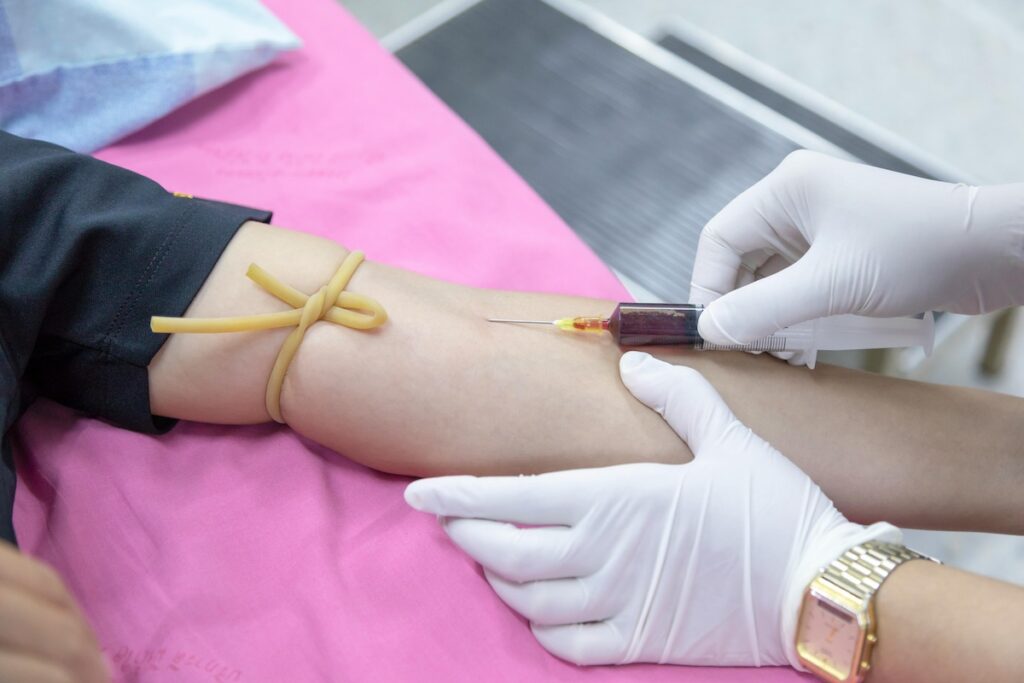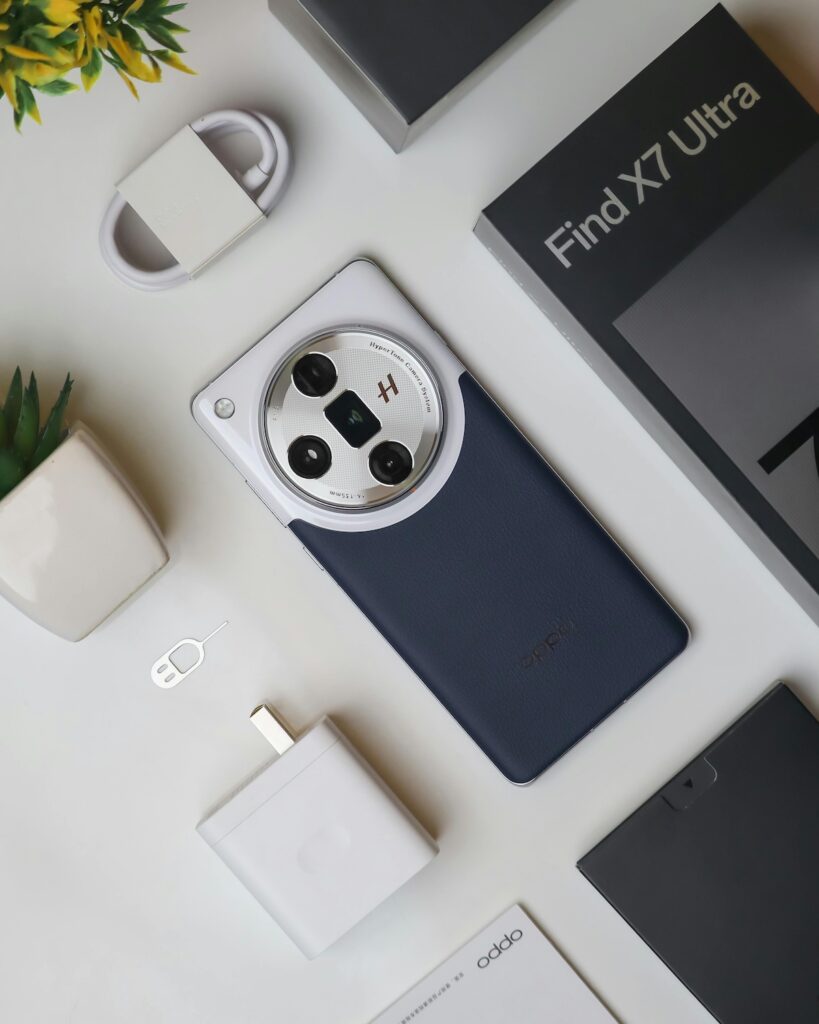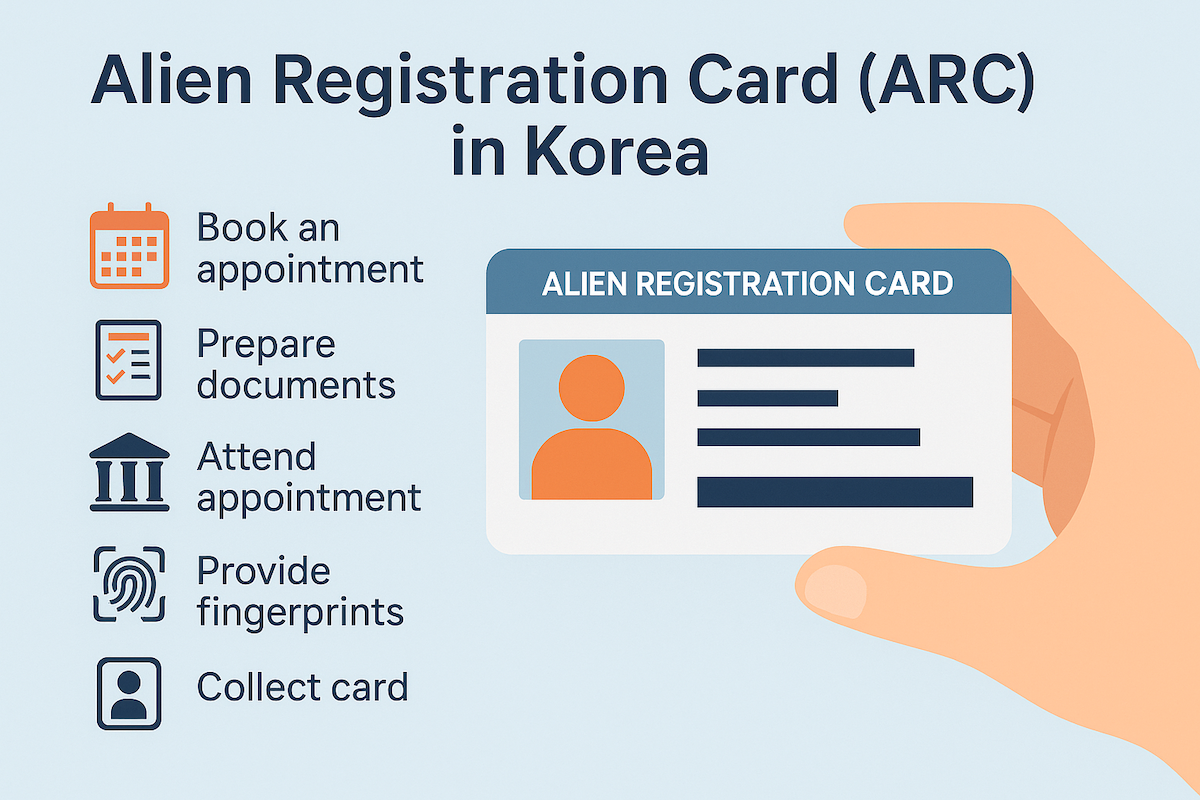✨ Introduction
When you first arrive in Korea, you’ll quickly discover that the 주민센터 (jumin center, local community service center) is the backbone of daily administration. These centers are located in every neighborhood and handle countless tasks for residents: registration, certificates, address changes, and even local welfare.
For foreigners, the 주민센터 can feel intimidating at first: signs are often in Korean, forms are unfamiliar, and staff may not speak much English. Yet understanding how to use the 주민센터 is essential, because many parts of Korean daily life—housing, banking, healthcare, and even phone contracts—require documents that only the 주민센터 can provide.
This guide explains what foreigners can (and cannot) do at the 주민센터 in 2025, what documents are required, which services are most important, and practical tips to make the process smoother.
🏠 What Is the 주민센터?
- The 주민센터 is the neighborhood-level office of local government.
- It manages administrative tasks for residents within a specific district (동, dong).
- Staff handle both Korean citizens and foreign residents, though services for foreigners may be more limited.
Common names:
- 주민센터 (jumin center)
- 행정복지센터 (administrative & welfare center)
- 동사무소 (old term, still used colloquially)
🧾 Services Available to Foreigners
Alien Registration-Linked Services
- If you have an Alien Registration Card (ARC), the 주민센터 recognizes you as a legal resident.
- With an ARC, you can:
- Register your residential address.
- Obtain official documents (residence certificates).
- Use these certificates for banks, phone contracts, healthcare enrollment, etc.
Address Registration and Change
- Within 14 days of moving, foreigners must report their new address at the 주민센터.
- Required documents:
- ARC
- Rental contract (housing lease agreement)
- Failure to update your address can result in fines from immigration.
Issuance of Certificates
The 주민센터 issues many official certificates that foreigners often need:
- 주민등록등본 (Resident Registration Certificate) → Foreigners with ARC can request a similar certificate proving residence.
- 주민등록초본 (Short-form Certificate) → Often needed for utilities or internet registration.
- Seal certificates (인감증명서) → Generally for Koreans, but sometimes required if a foreigner has registered a legal seal (rare).
Local Tax Payments
- Some 주민센터 offices allow foreigners to pay property tax, resident tax, or vehicle tax directly.
- Receipts can be issued for visa extensions or financial purposes.
Social Welfare and Support
- Foreigners married to Koreans or with long-term visas may apply for childcare support, local subsidies, or public service programs.
- Information is usually in Korean, but some larger districts (like Seoul’s expat-heavy areas) provide English leaflets.
⚖️ Services Not Available at the 주민센터
- Visa extension or status change → This is handled by the Immigration Office, not the 주민센터.
- Passport services → Must go to your embassy.
- National ID (주민등록증) → Foreigners do not receive a Korean ID card; the ARC serves this role.
📜 Legal Framework (2025)
Foreigners’ administrative duties are governed by:
- Immigration Control Act (출입국관리법) → Requires address registration within 14 days.
- Local Government Acts → Empower 주민센터 to issue residence certificates to ARC holders.
📌 Reference: Korea Immigration Service
🚨 Common Issues for Foreigners
- Language barrier: Most staff speak only Korean. Solution: bring a Korean-speaking friend or use Papago/Google Translate.
- Confusion between 주민센터 and Immigration Office: Many newcomers mistakenly visit the wrong office.
- Different rules by district: Some 주민센터 require additional documents (like lease contracts, landlord’s ID copy).
🧭 Practical Tips
- Go early in the morning to avoid long waits.
- Always carry your ARC; it is required for almost every service.
- Prepare photocopies of your housing contract.
- If you need multiple certificates, request them at once to save fees.
- Larger districts (Itaewon, Gangnam, Mapo) sometimes have bilingual staff.
🌍 Real-Life Examples
- Student: Needs residence certificate for university enrollment → issued at 주민센터.
- Worker: Moves apartments → must update address within 14 days at 주민센터.
- Family: Applies for childcare subsidy as international couple → 주민센터 handles paperwork.
✨ Conclusion
The 주민센터 may look like a small neighborhood office, but for foreigners, it is the key to unlocking daily life in Korea. From address registration to official certificates, it provides the documents you need for banking, housing, healthcare, and beyond.
By understanding what services are available—and which are not—you’ll avoid wasted trips and unnecessary stress. Think of the 주민센터 as your gateway to being fully recognized as a resident in Korea.





